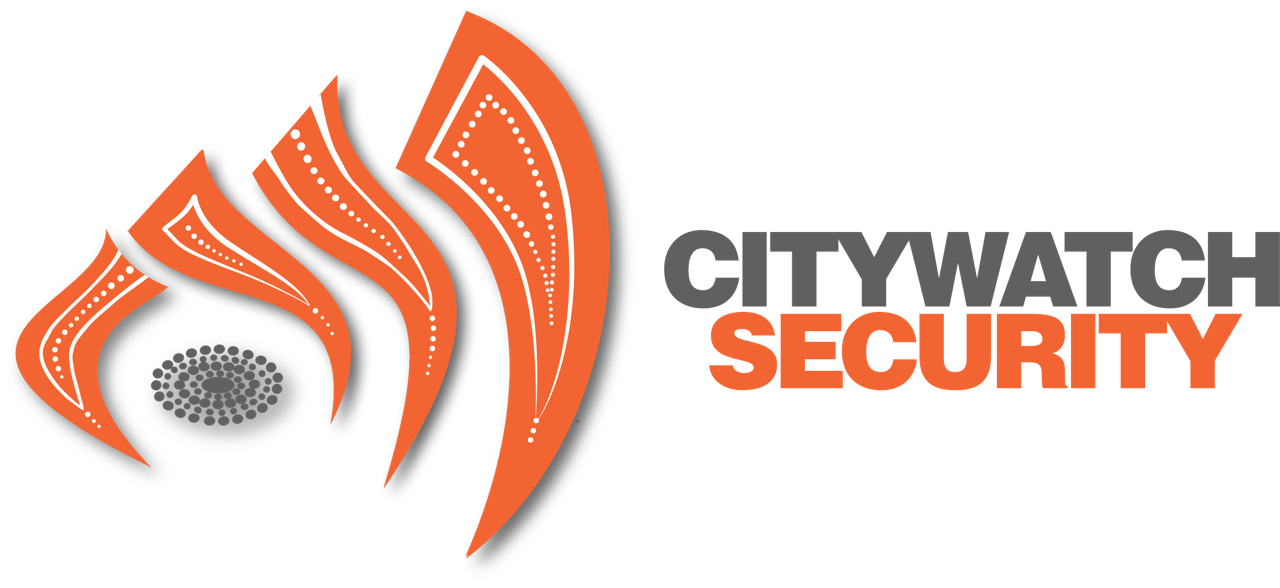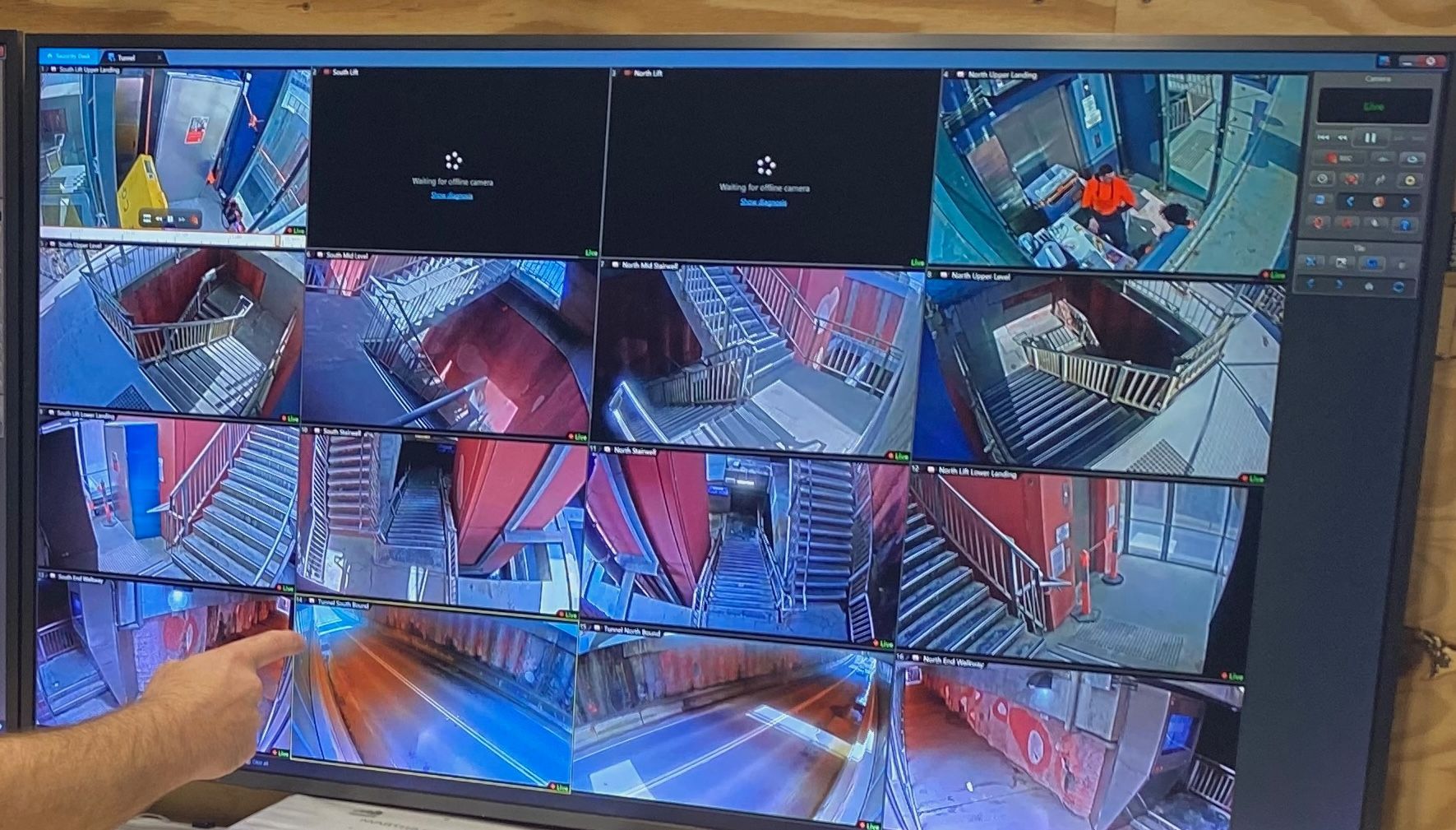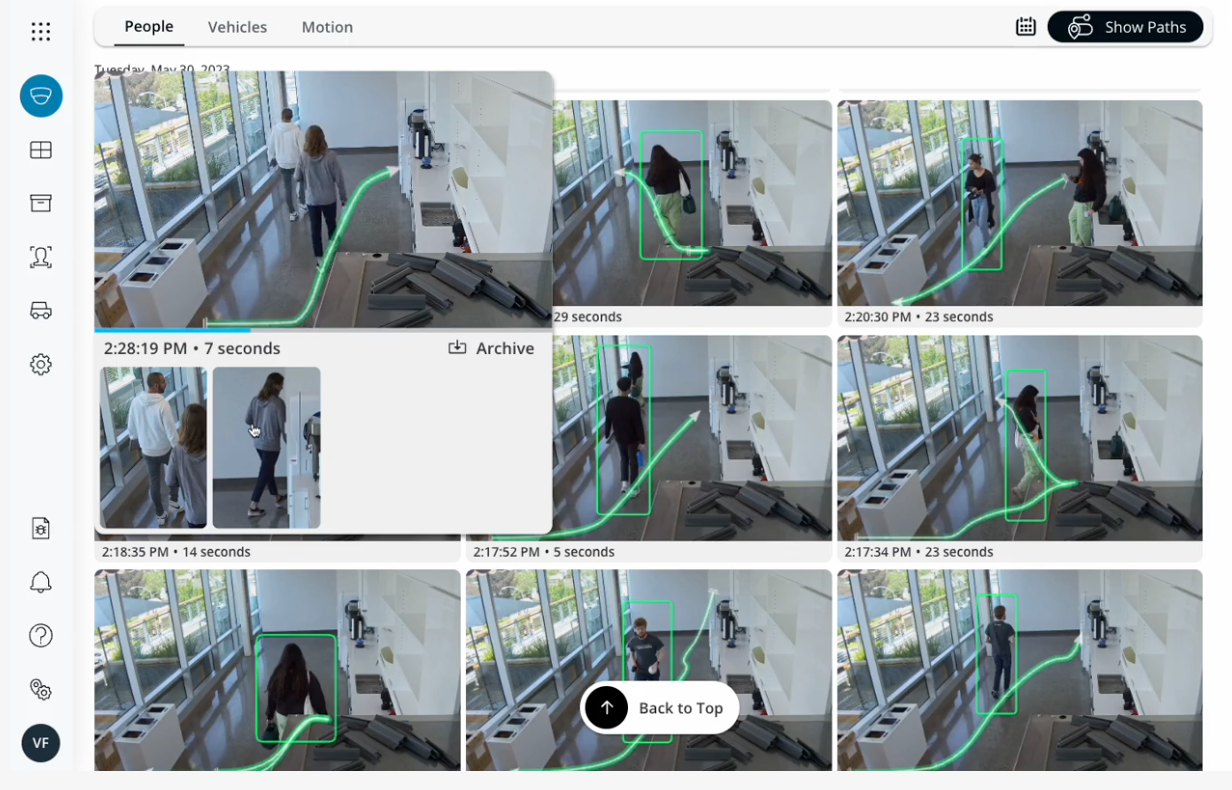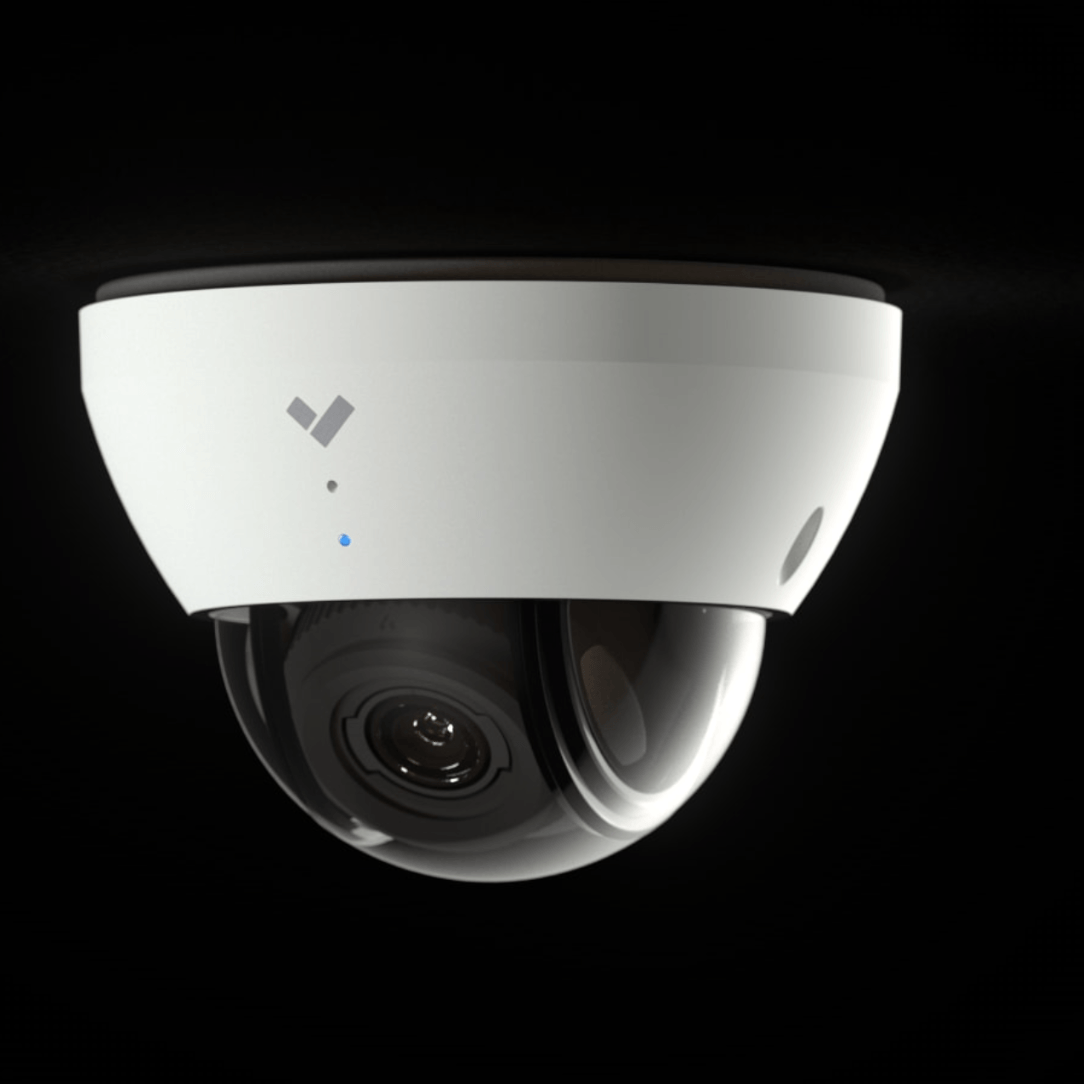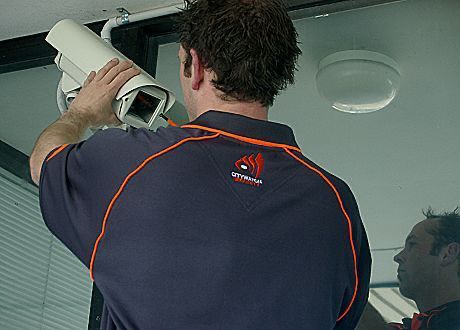Navigating the Mobile Frontier: Duty of Care in Mobile Technology Security
Navigating the Mobile Frontier: Duty of Care in Mobile Technology Security
Mobile technology has become an integral part of our personal and professional lives, revolutionising the way we communicate, work, and access information. As the use of mobile devices continues to soar, organisations are increasingly recognising their duty of care to ensure the security and well-being of employees in the digital realm. In this blog post we explore the intersection of mobile technology and duty of care, shedding light on the importance of prioritising security in the mobile frontier.
The Proliferation of Mobile Technology
Smartphones and tablets have become ubiquitous tools, enabling employees to stay connected, work remotely, and access critical data on the go. However, the widespread use of mobile technology also presents new challenges and risks, especially concerning security.
Evolving Threat Landscape
The evolving threat landscape in the digital realm necessitates a proactive approach to security. Mobile devices are vulnerable to various threats, including malware, phishing attacks, and unauthorised access. With the increasing sophistication of cyber threats, organisations must Prioritise the protection of sensitive information and ensure the safety of employees' digital interactions.
DUTY OF CARE IN THE DIGITAL AGE
a. Legal and Ethical Obligations: Duty of care extends beyond the physical realm and encompasses the digital sphere in today's interconnected world. Organisations have legal and ethical obligations to safeguard employees' digital well-being, ensuring that reasonable measures are in place to protect against cyber threats and secure sensitive data.
b. Employee Well-Being: Duty of care in the context of mobile technology also involves promoting the well-being of employees. Security breaches, data leaks, or identity theft not only jeopardise organisational interests but can also have personal and emotional consequences for employees. Prioritising security measures on mobile devices is a crucial component of demonstrating care for employees' overall welfare.
IMPLEMENTING ROBUST MOBILE SECURITY MEASURES
a. Mobile Device Management (MDM) Solutions: MDM solutions are essential tools for organisations seeking to manage and secure mobile devices effectively. These solutions enable the enforcement of security policies, remote device tracking and wiping, and the implementation of access controls, thereby mitigating the risk of unauthorised access and data breaches.
b. Employee Education and Training: An informed workforce is a vital line of defence against mobile security threats. Organisations should invest in comprehensive education and training programs to raise awareness about best practices, recognise potential threats, and instil a security-conscious culture among employees.
Balancing Security And Employee Privacy
While implementing robust security measures is crucial, organisations must strike a balance between security and employee privacy. Transparent communication, obtaining informed consent, and implementing privacy-enhancing technologies are essential steps in maintaining this delicate equilibrium.
In the era of mobile technology, the duty of care extends to the digital realm, requiring organisations to Prioritise the security and well-being of employees. By implementing robust security measures, fostering a culture of awareness, and respecting privacy, organisations can navigate the mobile frontier responsibly, ensuring that employees can harness the benefits of mobile technology while being shielded from potential risks and threats.
Talk to our technicians today about shielding your staff from potential risks and threats posed by mobile technology: (03) 9250 4000
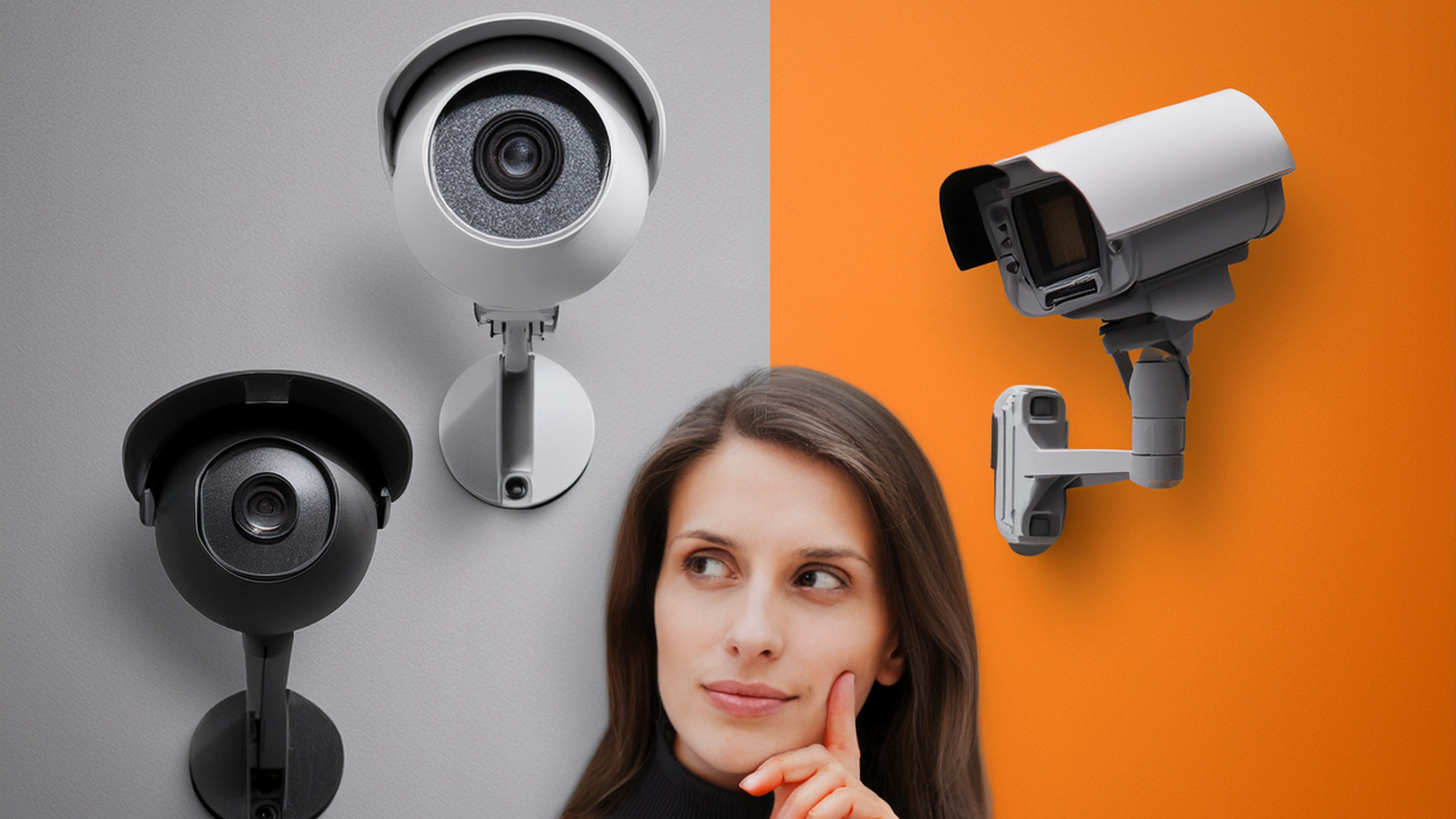
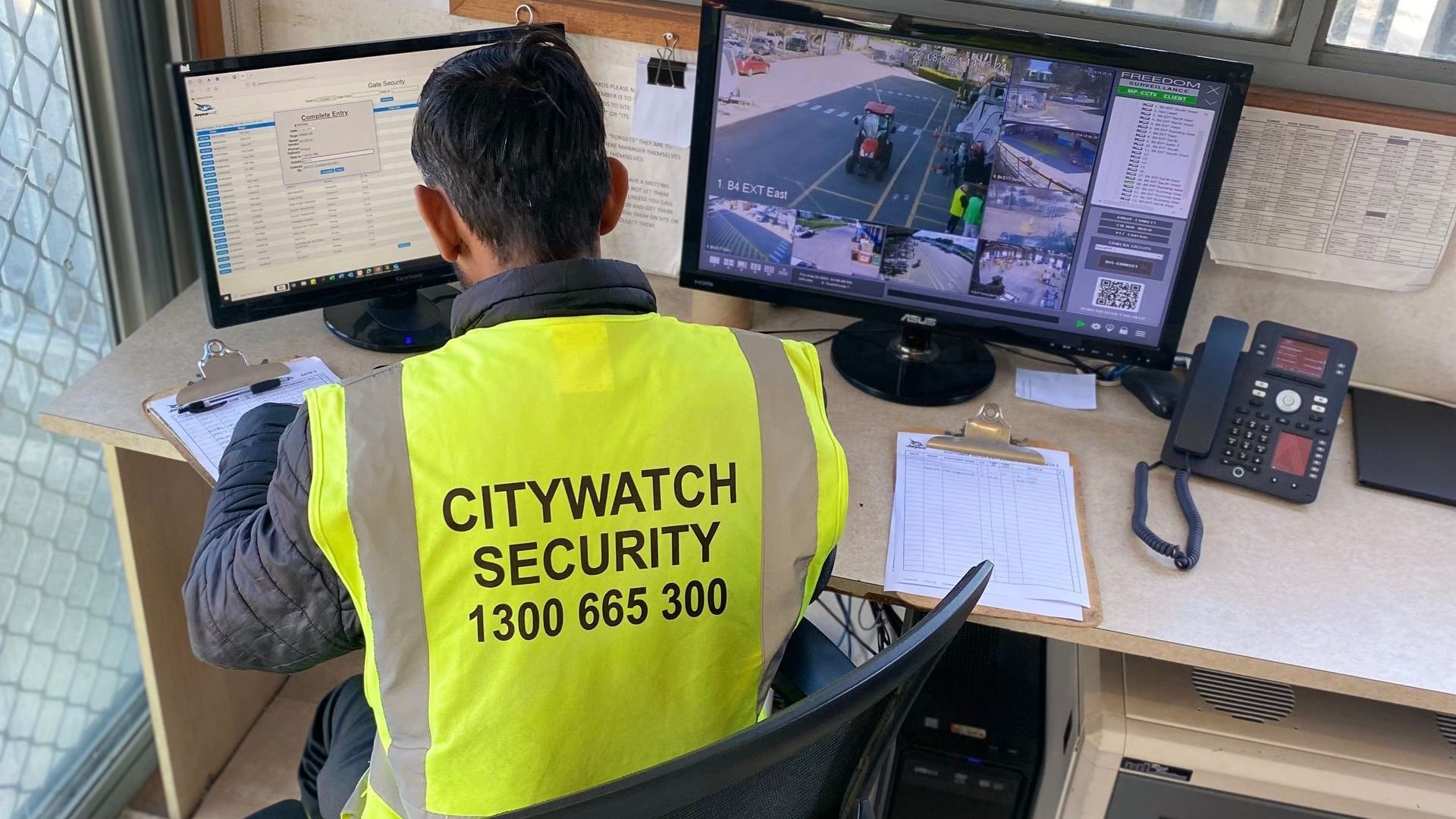
BROWSE OUR WEBSITE
CONTACT INFORMATION
Office Number: 03 9250 4000
Email: sales@citywatchsecurity.com.au
Address: Level 1 225 Brunswick Road, Brunswick VIC 3056
Hours of Operation:
Headquarters
MON – FRI 8:00AM – 5:30PM
SAT – SUN CLOSED
Control Room: Open 24/7
After Hours number: 1300 665 300
OUR LOCATION
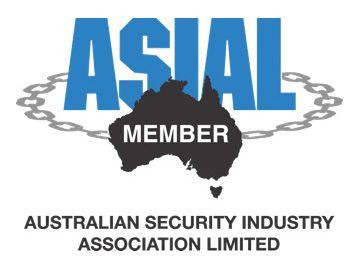
Licensed by ASIAL (Australian Security Industry Association Limited) in every state by the state
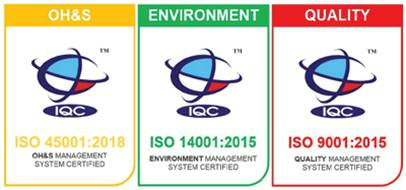
ISO Environmental Quality Compliance 14001:2015 | ISO Quality Assurance Compliance 45001:2018 | ISO Integrated Quality Management Systems Certification 9001:2015
